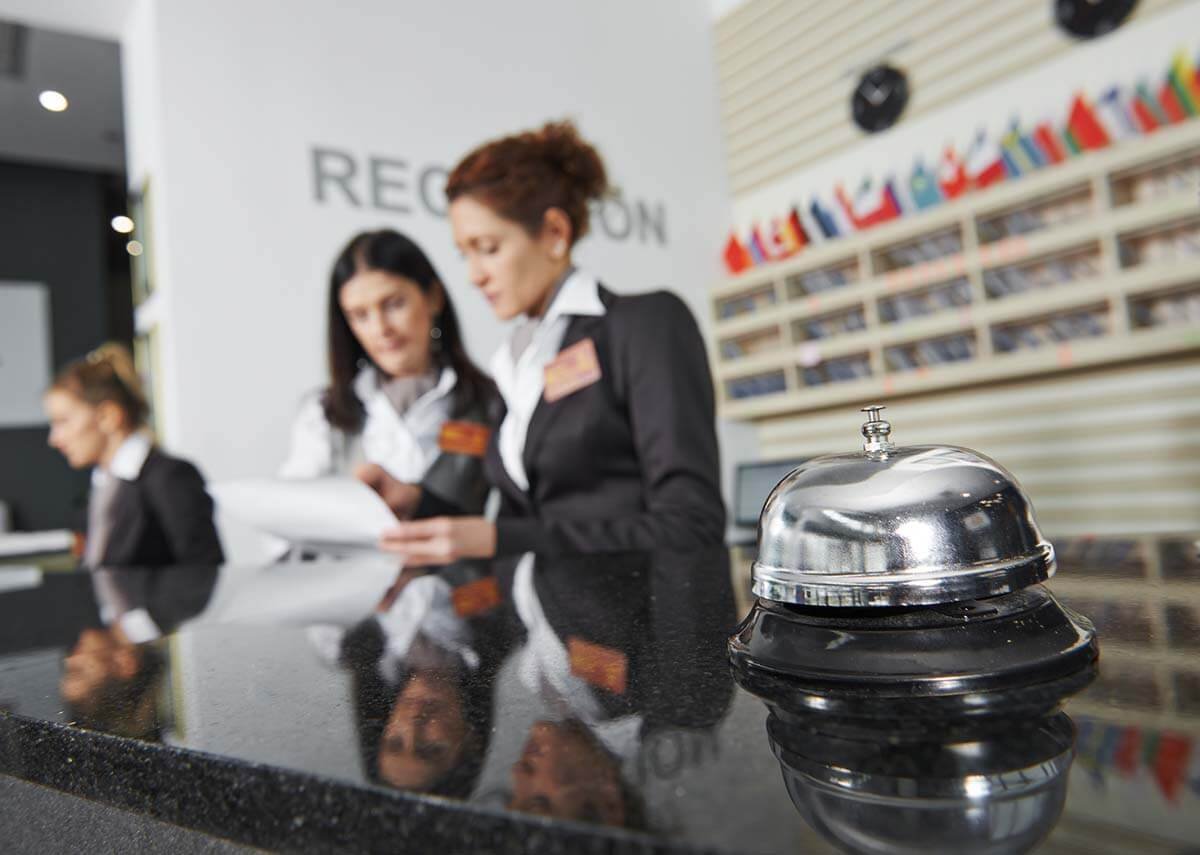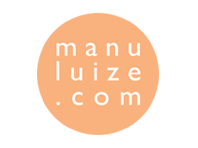The hospitality sector stands on the pillars of trust and discretion. Security needs are becoming more complex, which puts values under scrutiny. This evolving narrative is not just about the hospitality industry’s response to external threats. It is equally about its internal evolution in terms of guest privacy. The focus is no longer solely on locking doors. It’s about ensuring that the keys are in the right hands, for the right reasons.
Let us delve into the intricate balance between privacy and security, offering insights into ethical guest screening practices that meet both safety imperatives and the sanctity of personal boundaries.
The Inherent Challenge: Privacy vs. Security

Managing the hospitality landscape requires a delicate balance between ensuring robust security measures and respecting the privacy of guests. While heightened security protocols like background checks in the hospitality industry are an undeniable necessity in today’s volatile world, they mustn’t infringe upon the personal boundaries and rights that every guest is entitled to. This tension between safety provisions and preserving individual autonomy presents establishments with a nuanced challenge. The quest is to erect steadfast security walls without alienating guests or overstepping ethical boundaries.
The Ethical Imperative in Guest Screening
Effective guest screening isn’t solely about safeguarding premises; it’s about ensuring the process respects and upholds the dignity and rights of every individual. Ethical screening is rooted in principles that protect guests from discrimination, undue invasion of privacy, and data misuse.
Transparency:
Guests deserve to know the extent and purpose of any screening process. This means clearly communicating what data is collected, how it’s used, and the measures in place to protect it.
Consent:
Acquiring informed consent from guests prior to any screening process is paramount. It ensures guests are active participants in a system designed for their security.
Non-discrimination:
Ethical screening avoids making prejudicial assumptions based on race, nationality, gender, or any other discriminatory criteria. Decisions should be based solely on objective risk assessments.
Adopting Advanced, Ethical Technologies

Modern technology offers tools that can enhance security while respecting privacy.
Biometric Authentication:
While biometrics like facial recognition and fingerprint scans provide accurate identity verification, they must be employed judiciously. It’s essential to store such data securely, ensuring it is only accessible to authorised personnel and is deleted when no longer needed.
Data Encryption:
Employing high-level encryption methods ensures that guest data remains confidential and immune to potential breaches.
AI and Machine Learning:
These technologies can identify potential security threats without unnecessarily delving into personal guest histories. Anomalies can be flagged without prying into the minutiae of a guest’s life.
Training: The Foundation of Ethical Screening
Having the right tools is only part of the equation; having trained personnel to ethically wield these tools is equally vital.
Continuous Education:
Staff should undergo regular training to remain updated on best practices in both security and ethics.
Scenario-based Training:
Role-playing potential situations can provide staff with the skills to handle real-world challenges, ensuring they react ethically and effectively.
The Nuances of Social Media Scrutiny

In an era where online footprints are expansive, screening may sometimes include a glance at public social media activity. However, ethical boundaries are paramount.
Public vs. Private:
Only public posts should be considered. Accessing private information without explicit consent breaches ethical norms.
Objective Analysis:
Analysis should focus on potential security concerns, avoiding personal judgments or biases.
Legal Frameworks: Guiding Ethical Practices
Several regions have established legal frameworks governing data collection and privacy. These laws serve as foundational guides for ethical practices.
General Data Protection Regulation (GDPR):
For establishments in or dealing with European Union citizens, the GDPR provides strict guidelines on data collection and usage.
Local Data Protection Laws:
Many countries have their own regulations that establishments must adhere to. Being well-versed in local laws ensures that the screening process remains within legal and ethical boundaries.
Feedback Mechanisms: Ensuring Accountability
For an ethical screening process to be robust, establishments must be open to feedback.
Open Channels:
Guests should have accessible channels to voice concerns or seek clarifications about the screening process.
Regular Audits:
Conducting periodic reviews of the screening process can help identify areas for improvement, ensuring the establishment remains committed to upholding ethical standards.
The Dual Reward: Enhanced Trust and Security
By prioritising ethical guest screening practices, establishments stand to reap twofold benefits:
Strengthened Reputation:
Guests are more likely to frequent establishments they perceive as ethical and respectful of their rights.
Robust Security:
An ethical approach doesn’t compromise security; it enhances it. By focusing on genuine threats and avoiding unnecessary invasions of privacy, establishments can create an environment that is both safe and welcoming.
Concluding Thoughts
In the dynamic realm of hospitality, ensuring guest safety while maintaining their privacy is a paramount concern. As the debate between privacy and security rages on, the hospitality industry has a unique opportunity to set a gold standard. By embracing ethical guest screening practices, establishments can demonstrate that it’s entirely feasible to uphold security imperatives without compromising on individual rights. In doing so, the industry not only safeguards its premises and patrons but also champions the universal values of respect, dignity, and privacy.






